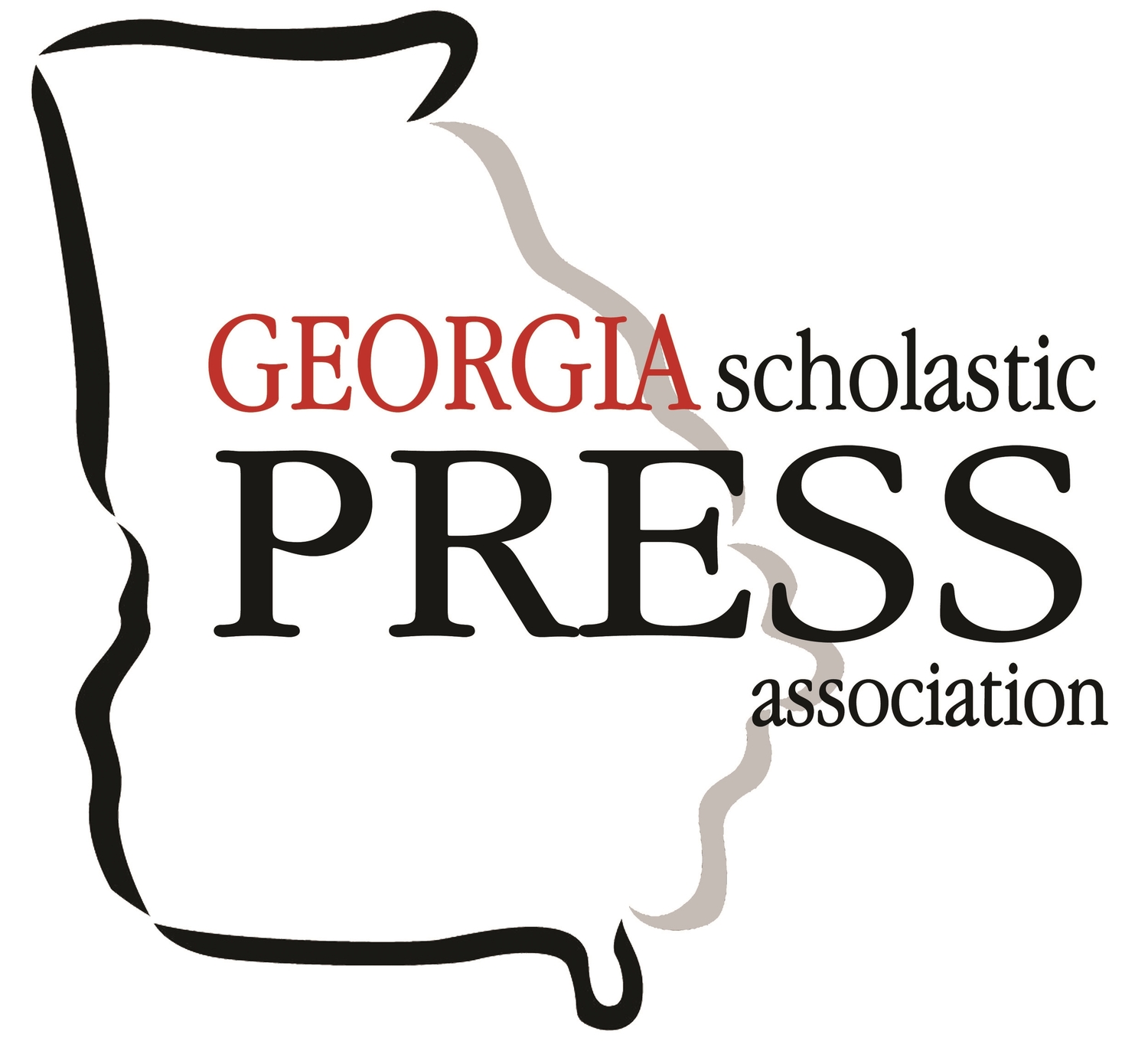2023 First Amendment Essay Winners Selected
/The Georgia Scholastic Press Association congratulates the following winners of the 2023 First Amendment Essay contest:
First Place: Ruby Calkin, Cedar Shoals High School
Second Place: Eva Lucero, Cedar Shoals High School
Third Place: Tumelo Johnson, Cedar Shoals High School
The winning essays addressed the following prompt in unique ways:
Explain in your own words how you interpret the First Amendment and the role it plays in American life. What is its importance on your campus and in your school newspaper, news website, newsmagazine, literary magazine, yearbook, or broadcast? You may choose to cite judicial opinions, examples in the news, and/or happenings in your school community to support your views.
The panel of judges from UGA’s First Amendment Clinic noted Calkin’ s piece stood out to them, “(The essay) boldly confronts the reality of American political polarization and the First Amendment’s role in combatting it. She embraces her own humility by recognizing that her opinions on the right to free speech may change based on the circumstances. She does not shy away from this difficult discussion.”
Along with receiving monetary prizes for themselves and their publications, the winners will also be recognized during the Spring Workshop and Awards on March 27, 2023.
1st Place Winning Essay
By Ruby Calkin
As a central pillar of American society and government, it’s understandable that the First Amendment is frequent issue. But at this point it feels like it’s thrown around in every Facebook group and Fox News-induced culture war. The freedom of speech, once a uniting force, has become a polarizing topic. When Donald Trump and other alt-right leaders are being taken off social media, it’s an egregious first amendment violation to some Republicans and a necessary precaution to some Democrats. But when books are being taken off the shelves of public schools, some Republicans rejoice over “saving the children” and some Democrats cry over rights infringements.
Between the “snowflake” left and the blatantly offensive right, it feels like the US has lost sight of what free speech really means. These divisions make it infinitely harder to navigate First Amendment issues in the sphere of journalism, particularly student journalism, where censorship is often driven by ideological causes. For example, the censorship in the Hazelwood v. Kuhlmeier case revolved around the topics of teen pregnancy and divorce, which the school deemed inappropriate. This being a relatively conservative assessment, it’s difficult to see the case objectively if you disagree that the topics are controversial.
Looking at cases like these has prompted me to examine my own biases in relation to what I think my freedoms and restrictions should be as a student journalist. I find the Hazelwood case particularly conflicting. While I see how a school should be able to control an activity they fund, if something I published was taken down I would be furious and feel silenced.
The case of Bethel vs Fraser also reveals my own hypocrisy. Regarding a high school student’s innuendo laden speech, the court ruled that schools can restrict disruptive and inappropriate student speech. I generally agree with their consensus, but I wonder how easily my opinion would change given even a slight change to the circumstances. If the speech was given by a gay student and contained queer innuendos, would I see the student’s punishment as homophobic and the court’s ruling as prejudiced? What if it was the exact same speech given by a female student? Then maybe I would see the controversy as anti-sexual liberation and misogynistic. Would I agree with the court’s ruling in Tinker vs Des Moines, if the students wore MAGA hats instead of black anti-war armbands to protest the Vietnam War? Though these situations could be almost identical, tiny differences might shift my opinion widely.
These kinds of volatile, biased opinions aren’t unique to me, our current culture of nuance deficient partisanship has bred a society of hypocrites. With so much infighting, the more the First Amendment is brought up as a prop by political parties, the less definable it becomes. This poses a serious risk to one of our most important rights. After all, how can free speech be protected if we can’t agree on what it is without drawing party lines?
The second and third-place winners’ essays are available at the links below:
Registration for the Spring Awards is now available at this link: 2023 Spring Workshop and Awards through 3 p.m. March 20. View the Spring Awards section for more information and an example of what to expect. Please note: there is a maximum of 250 attendees, and registration will end once that number is reached.

